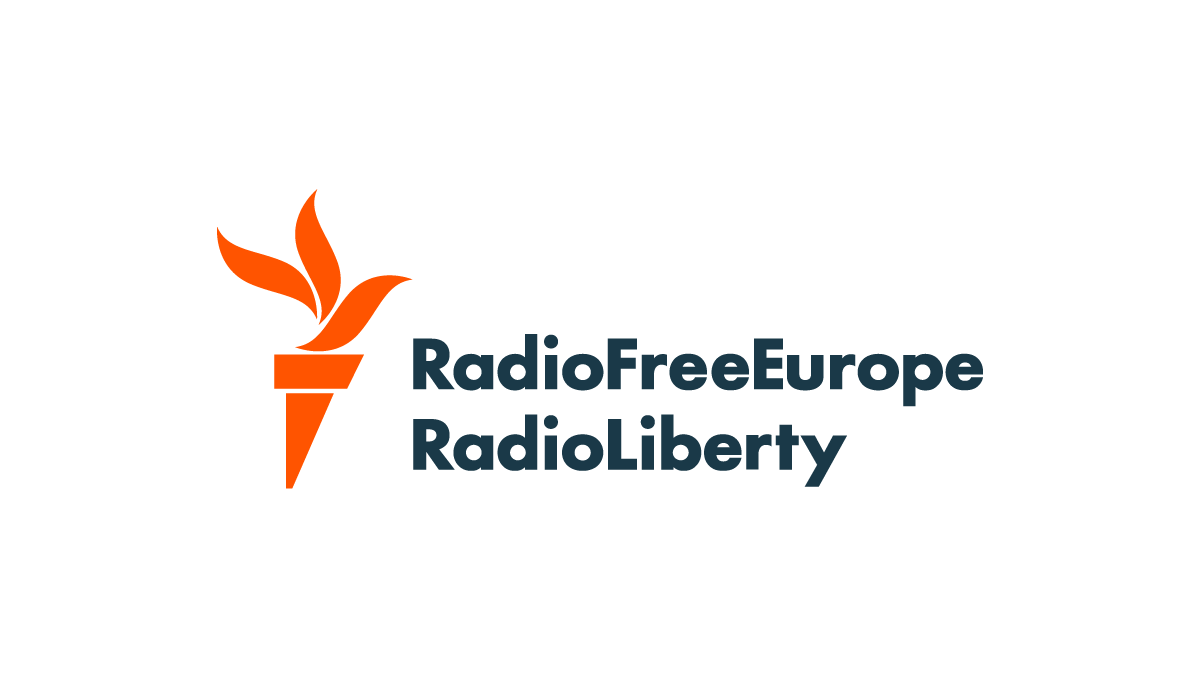Press Release, bbg.gov; via LJB

image from
WASHINGTON, D.C. — On the International Day to End Impunity for Crimes against Journalists, Radio Free Europe/Radio Liberty (RFE/RL) has documented this year no fewer than 34 attacks against it journalists in over 10 countries because of their work.
“The perpetrators of these attacks are almost never held accountable,” said RFE/RL President Thomas Kent in a statement today. “In the overwhelming majority of cases, authorities have acted with impunity, and non-state actors have gone unpunished. Instead, our reporters are the ones who are treated as criminals,” he said.
The attacks have taken place in the Russian Federation, Ukraine, Belarus, Pakistan, Afghanistan, Kazakhstan, Tajikistan, Turkmenistan, Armenia, Azerbaijan, Macedonia and elsewhere. They include physical assault, imprisonment, court convictions, arbitrary detention, interrogation, stalking, verbal attacks, online threats, and seizure of equipment. In some cases, RFE/RL reporters’ family members have been targeted.
In his statement, Kent paid particular tribute to Crimean journalist Mykola Semena, under house-arrest on a conviction for separatism brought by a Russian court; blogger Stanislav Aseyev, held by Russia-backed separatists in eastern Ukraine; Saparmamed Nepeskuliev and Soltan Achilova, imprisoned and repeatedly subject to physical attacks, respectively, in Turkmenistan; and Aziz Yusupov, the brother of an RFE/RL journalist who is sentenced to over seven years behind bars in Uzbekistan.
In its call to end impunity, UNESCO has drawn attention to “extreme violence against journalists,” citing figures that 930 journalists have been killed worldwide in the ten years since Russian journalist Anna Politkovskaya was murdered in 2006. According to the organization, 93 percent of those killed are local correspondents, and only one in ten crimes committed against journalists over the past 11 years has been resolved.
About RFE/RL
Radio Free Europe / Radio Liberty is a private, independent international news organization whose programs — radio, Internet, television, and mobile — reach influential audiences in 23 countries, including Russia, Ukraine, Iran, Afghanistan, Pakistan, the republics of Central Asia and the Caucasus. It is funded by the U.S. Congress through the BBG.
No comments:
Post a Comment